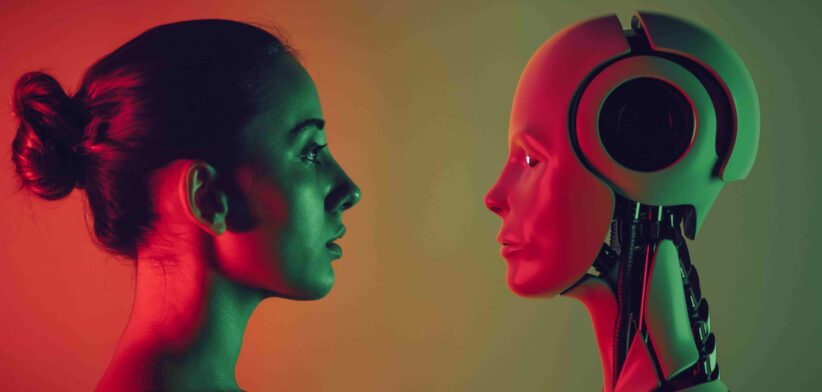Artificial intelligence-powered virtual assistants with female voices boost the participation of women in male-dominated teams, according to new research.
The findings, out of Cornell University in the United States, suggested the gender of an AI’s voice could positively change the dynamics of gender-imbalanced teams and could help inform the design of bots used for human-AI teamwork.
Lead author and human-AI interaction researcher Angel Hsing-Chi Hwang said she wasn’t expecting having an AI agent on the team would replicate similar outcomes other researchers have observed with human-only, gender-imbalanced teams.
“The findings mirror previous research in psychology and organizational behaviour that shows minority teammates are more likely to participate if the team adds members similar to them,” Ms Hwang said.
“But hiring a new person to fill out a team in real-time isn’t realistic.”
Ms Hwang said to better understand how AI could help gender-imbalanced teams, researchers carried out experiments with various groups asked to perform collaborative tasks.
The groups included an abstract shape with either a male or female voice, which would appear on screen and read instructions, contribute an idea and handle timekeeping, with lines generated by ChatGPT fed into the bot.
Chat logs were analyzed after the experiments.
Ms Hwang said while most participants didn’t express a preference for a male or female-sounding voice, when women were in the minority they participated more when the AI’s voice was female, while men in the minority were more talkative but were less focused on tasks when working with a male-sounding bot.
“Unlike the men, women reported significantly more positive perceptions of the AI teammate when women were the minority members.
“With only a gendered voice, the AI agent can provide a small degree of support to women minority members in a group,” Ms Hwang said.








